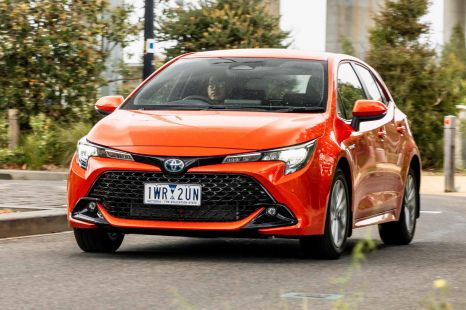

Max Davies
2025 Toyota Corolla SX review
5 Days Ago

Senior Contributor
The law firm running a class action against Toyota Australia is encouraging “as many owners of the affected vehicles as possible” to sign up.
The class action is seeking compensation from Toyota, representing a potential pool of about 260,000 HiLux, Prado and Fortuner owners who bought vehicles with potentially faulty diesel particulate filters (DPFs).
Commencing this week, Court-approved notices are being sent by email, text and post to people who acquired one or more of the affected models between October 2015 and April 2020 (an engineering fix was released after this), inviting them to register for compensation.
The legal basis comes from a recent Federal Court decision that ultimately awarded $18,401 damages to the lead applicant. A calculation found the flawed DPF cut on average 17.5 per cent of an affected car’s value.
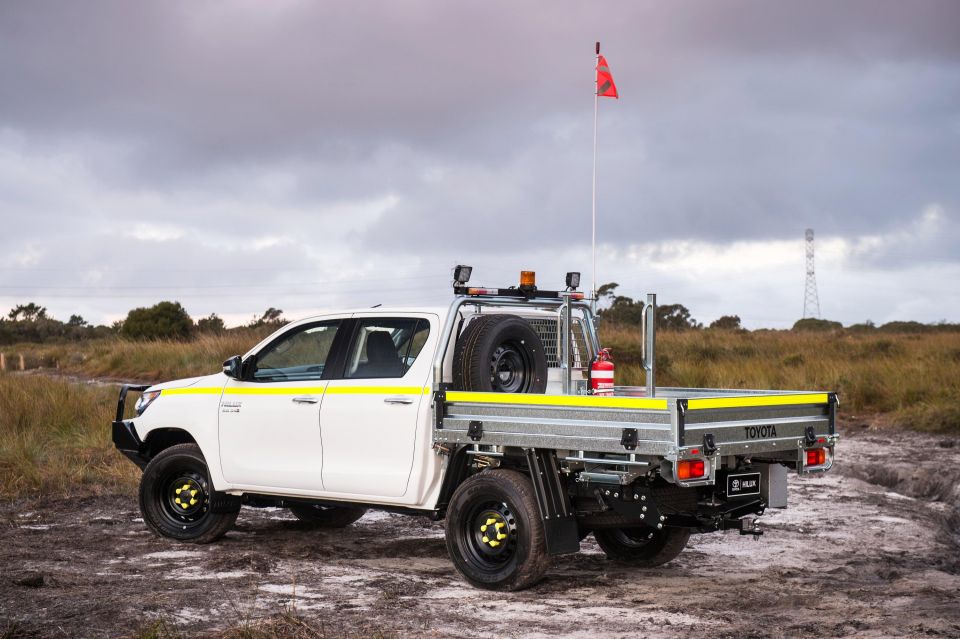
Extrapolated across the more than a quarter-million owners of vehicles cited with the same potentially faulty DPF, there’s potential for this to be “Australia’s largest-ever class action award”, according to law firm Gilbert & Tobin. A figure north of $2 billion has been mooted.
However, it’s important to note that Toyota has lodged an appeal against this finding, challenging the factual and legal basis behind the award of damages, meaning this figure is up in the air.
“Toyota’s appeal includes challenges to the factual and legal basis for the award of damages, particularly in circumstances where many of the group members did not experience the DPF issue,” the carmaker said.
“At the same time, we understand some customers have experienced inconvenience and discomfort from this issue. For this we apologise. We have worked continuously since becoming aware of DPF concerns on an effective resolution for affected customers.
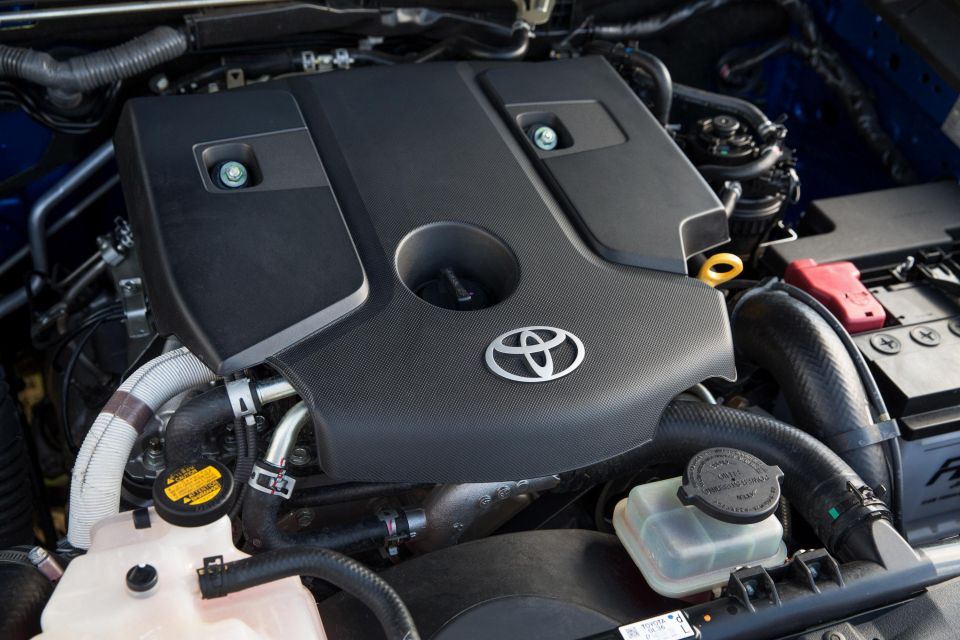
“At every step, we have implemented customer focused and technically grounded remedies to resolve customers’ concerns.”
Gilbert + Tobin Partner Matt Mackenzie said the now-appealed judgment was significant because it represents one of the few instances of the Federal Court exercising its power to award damages to group members in a class action on an aggregate basis, and because of the scale of the total (potential) damages.
“The scale of the likely damages reflects both the significant reduction in the value of all of the affected vehicles resulting from the defect and the large number of affected vehicles sold,” Mr Mackenzie said.
Subject to the outcome of Toyota’s appeal, Toyota owners who register for compensation and are deemed eligible to receive it would get money under a Court-supervised distribution scheme to be established following a favourable judgment.
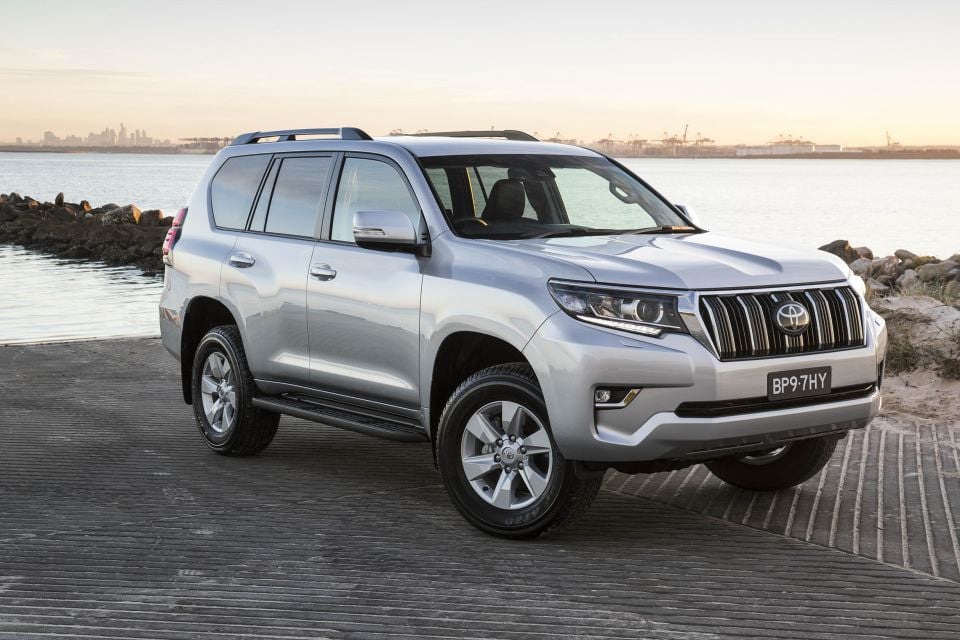
It’s in the best interest of both Gilbert & Tobin and Balance Legal Capital, which has covered all legal expenses incurred in running the three-year case to date, for the class action to have as many applicants as possible.
Balance Legal Capital intends to seek reimbursement of its expenses, and to ask the Court to deduct an amount from damages paid to eligible group members no higher than 25 per cent of the total.
“It may seek a lesser amount if more group members register their interest in receiving money under the judgment,” a statement adds.
Need to learn the background on this? Read our explainer piece here.
MORE: Toyota appeals Federal Court finding as DPF class action looms MORE: Toyota Australia faces payouts as Federal Court finds DPFs faulty
Where expert car reviews meet expert car buying – CarExpert gives you trusted advice, personalised service and real savings on your next new car.


Max Davies
5 Days Ago
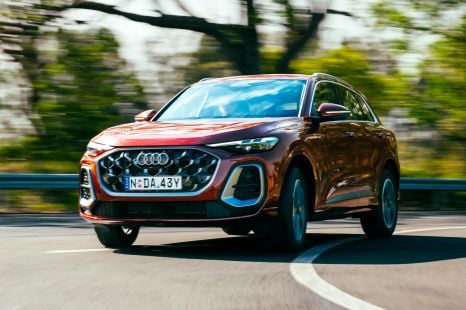

James Wong
3 Days Ago
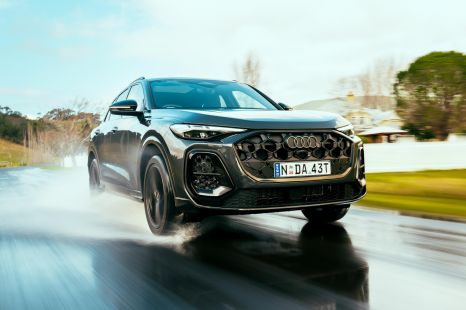

James Wong
3 Days Ago
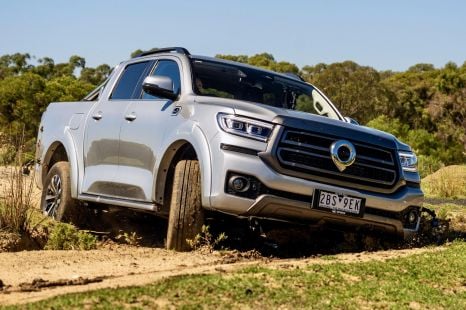

Max Davies
2 Days Ago


James Wong
8 Hours Ago
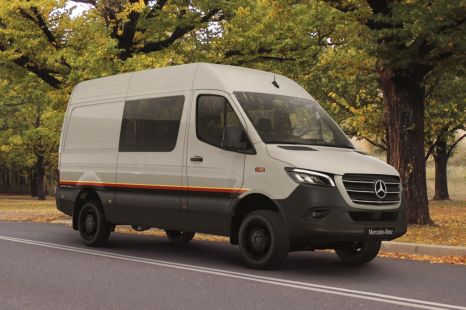

Marton Pettendy
7 Hours Ago